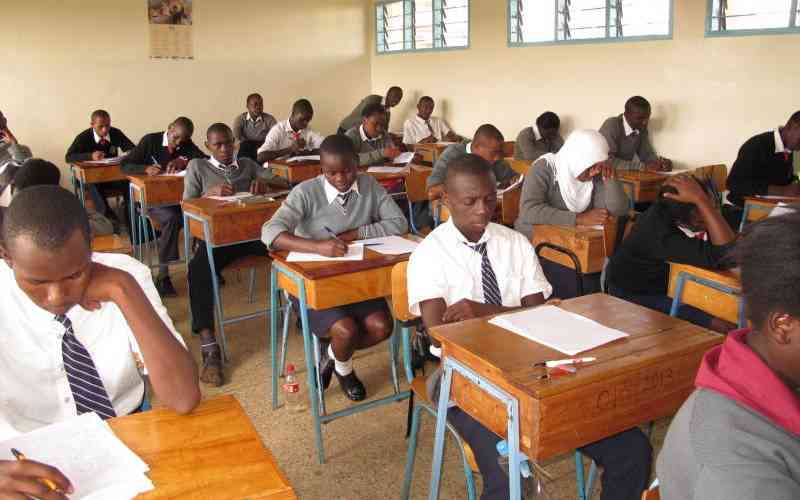×
The Standard e-Paper
Join Thousands Daily

Conducted over two years and including 10,000 students from across Kenya, it finds “among the largest learning gains ever measured in international education.”
The NewGlobe methods studied by Prof Kremer and his co-authors show learning outcomes can be improved for all children.